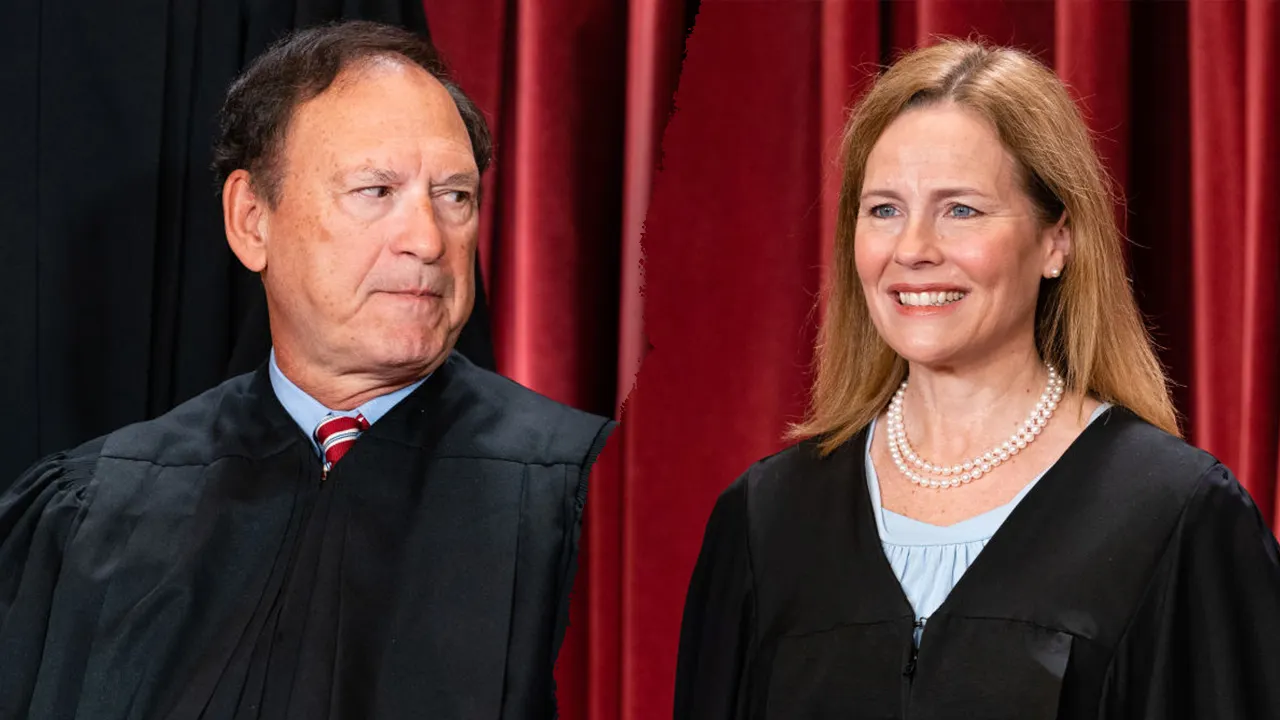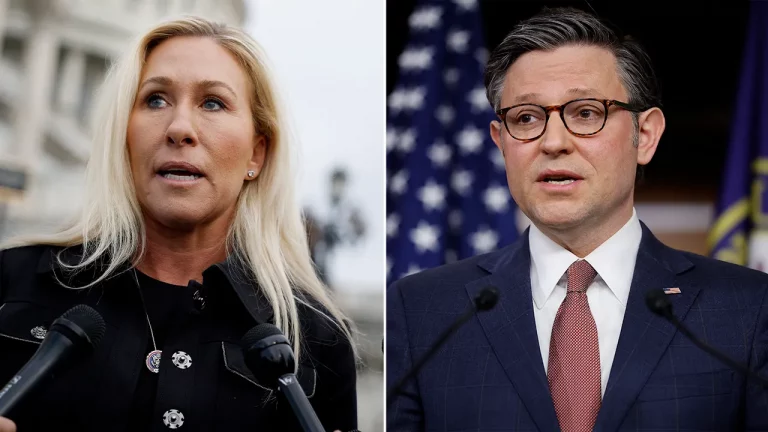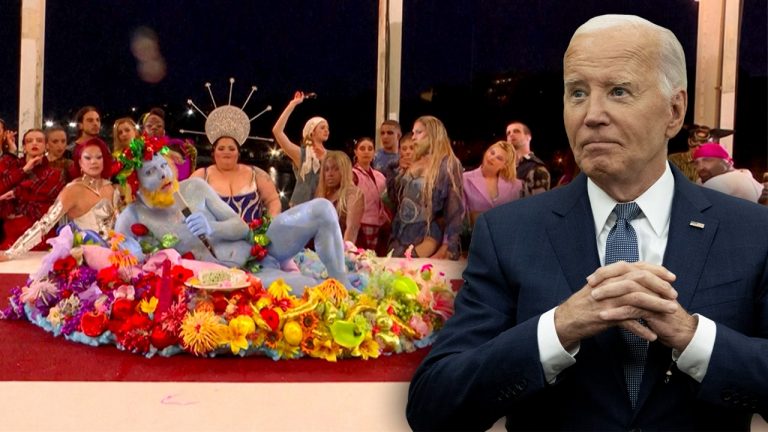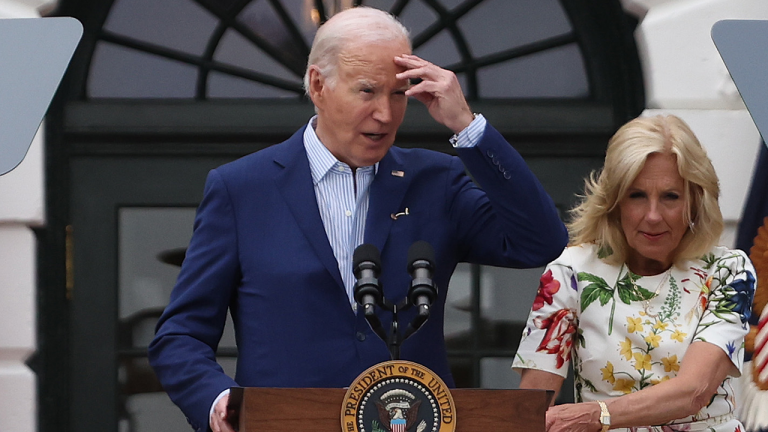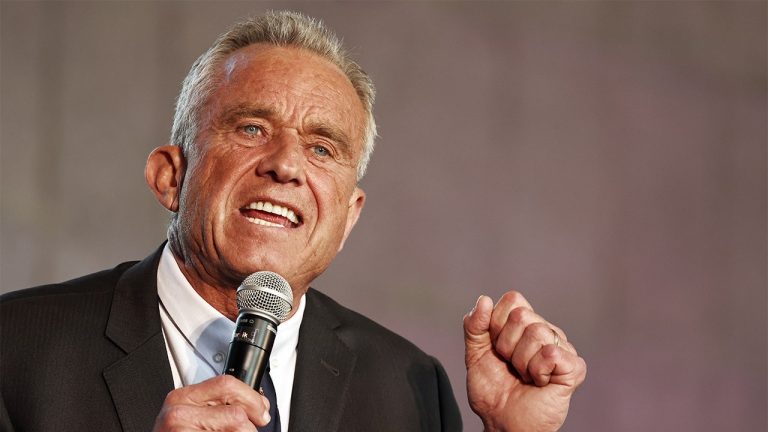Conservative Supreme Court justices disagree on Biden social media ruling.
Conservatives on the U.S. Supreme Court were at odds on Wednesday in a ruling that favored President Biden’s administration. The Court, in a 6-3 decision, found that a group of conservative states and social media users did not have standing to sue the federal government over its efforts to influence the censorship policies of social media giants. Justice Amy Coney Barrett wrote the court’s opinion, while Justices Samuel Alito, Neil Gorsuch, and Clarence Thomas dissented.
Barrett, speaking on behalf of the court, argued that none of the plaintiffs had demonstrated that they were under threat in this case. She stated, “To establish standing, the plaintiffs must demonstrate a substantial risk that, in the near future, they will suffer an injury that is traceable to a Government defendant and redressable by the injunction they seek. Because no plaintiff has carried that burden, none has standing to seek a preliminary injunction.”
Alito criticized the majority’s opinion in his dissent, joined by Thomas and Gorsuch. He denounced the Court’s decision to not intervene on behalf of the “victims” of COVID-era censorship, expressing his concerns about the suppression of valuable speech in the marketplace of ideas.
Wednesday’s ruling overturned a previous lower court decision that supported the plaintiffs and implemented an injunction against White House officials engaging with major tech companies. This injunction has now been lifted. It had pertained to various federal officials and agencies, including some of Biden’s Cabinet members and White House press secretary Karine Jean-Pierre.
The debate surrounding the influence of the federal government on social media censorship is a contentious issue that has sparked disagreements among the Supreme Court justices. While the majority ruled in favor of the Biden administration, dissenting opinions expressed concerns about the restriction of speech and the implications of government interference in online platforms.
It is evident from this ruling that the Supreme Court is divided on the issue of governmental influence on social media policies. The decision highlights the complexities surrounding free speech in the digital age and the balance between public safety and individual expression.
This case serves as a reminder of the ongoing challenges in navigating the intersection of technology, communication, and government regulation. The implications of this ruling are far-reaching and are likely to have a significant impact on future debates regarding online content moderation and the First Amendment rights in the digital realm.


